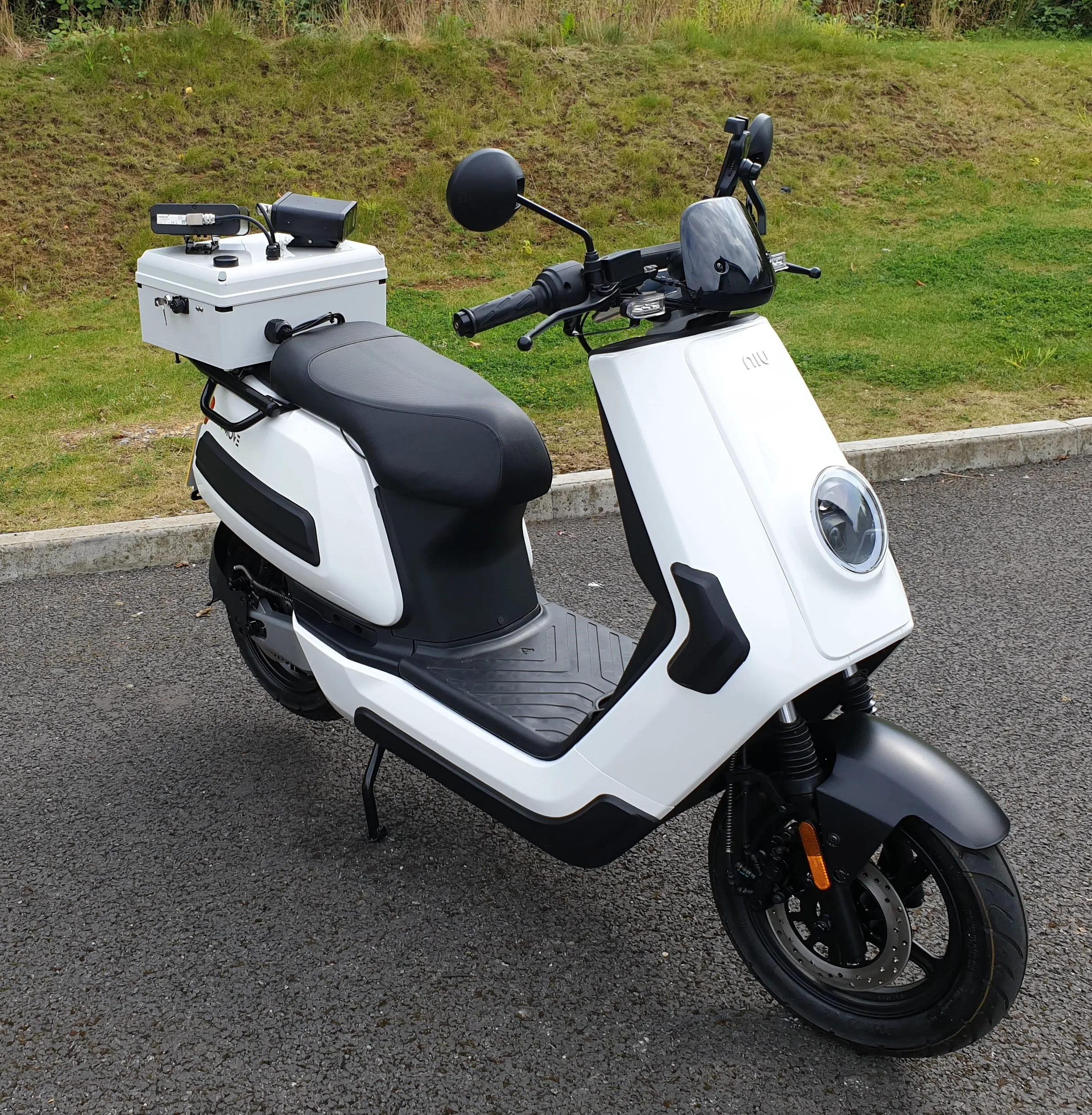Axion Power International, the developer of advanced lead-¬carbon PbC batteries and energy storage systems, has been awarded a US$150,000 grant from the US Department of Energy (DoE) to fund a commercialisation plan for the use of its PbC batteries in a low-cost, high-efficiency dual battery architecture for micro-hybrid vehicles.
May 25, 2012
Read time: 3 mins
RSS5746 Axion Power International, the developer of advanced lead-¬carbon PbC batteries and energy storage systems, has been awarded a US$150,000 grant from the 5631 US Department of Energy (DoE) to fund a commercialisation plan for the use of its PbC batteries in a low-cost, high-efficiency dual battery architecture for micro-hybrid vehicles.
Micro-hybrid vehicles, which are well on their way to becoming the most common type of automotive vehicle (estimated market size is 25 million by 2016), currently use a ‘start-stop’ system which automatically turns off the engine when the vehicle comes to rest, and then automatically restarts the engine when the brake is disengaged.
Next generation micro-hybrid vehicles will, and in some cases already do, include added features such as regenerative braking, ‘sailing’ (i.e. turning the engine off as the vehicle slows or coasts below a pre-determined speed) and perhaps some form of battery assist to the initial vehicle acceleration.
The lead-acid battery [LAB] is not designed to suitably provide the dual function required in today's micro-hybrid vehicles, let alone handle the added loads of future micro-hybrid vehicles. The dual feature includes working with the alternator generator to start and power the vehicle while the engine is on (LAB is good at this), and then separately, powering the vehicle's ancillary load when the engine is off (LAB is very poor at this). The LAB's shortcomings with respect to powering the ancillary load are directly attributable to the battery's rapid decline in charge acceptance over time due to sulfation. This occurs in the LAB after just a few months of usage.
The PbC battery, on the other hand, has been proven to quickly accept full system charge (i.e. no loss of charge acceptance) for more than five years of usage. This advantage translates into much greater "engine off" time resulting in much greater fuel economy with significantly reduced Co2 emissions. Both of these features are important goals of automotive OEM's and of political leaders in the countries where they manufacture vehicles.
"This is a very important grant for Axion Power, not just for the financial assistance being provided, but for the acknowledgement by the DoE of the potential benefits of our PbC technology in new and innovative constructs and designs," said Axion Power CEO Thomas Granville. "Our technology is ideal for the new world of environmentally friendly, technologically advanced automotive vehicles. Our PbC batteries test out at a consistent high rate of charge acceptance for upwards of five years of usage. PbC's can be recharged quickly, have a proven safety record and are 100 per cent recyclable - unlike some of the more exotic chemistries like lithium-ion batteries."
Micro-hybrid vehicles, which are well on their way to becoming the most common type of automotive vehicle (estimated market size is 25 million by 2016), currently use a ‘start-stop’ system which automatically turns off the engine when the vehicle comes to rest, and then automatically restarts the engine when the brake is disengaged.
Next generation micro-hybrid vehicles will, and in some cases already do, include added features such as regenerative braking, ‘sailing’ (i.e. turning the engine off as the vehicle slows or coasts below a pre-determined speed) and perhaps some form of battery assist to the initial vehicle acceleration.
The lead-acid battery [LAB] is not designed to suitably provide the dual function required in today's micro-hybrid vehicles, let alone handle the added loads of future micro-hybrid vehicles. The dual feature includes working with the alternator generator to start and power the vehicle while the engine is on (LAB is good at this), and then separately, powering the vehicle's ancillary load when the engine is off (LAB is very poor at this). The LAB's shortcomings with respect to powering the ancillary load are directly attributable to the battery's rapid decline in charge acceptance over time due to sulfation. This occurs in the LAB after just a few months of usage.
The PbC battery, on the other hand, has been proven to quickly accept full system charge (i.e. no loss of charge acceptance) for more than five years of usage. This advantage translates into much greater "engine off" time resulting in much greater fuel economy with significantly reduced Co2 emissions. Both of these features are important goals of automotive OEM's and of political leaders in the countries where they manufacture vehicles.
"This is a very important grant for Axion Power, not just for the financial assistance being provided, but for the acknowledgement by the DoE of the potential benefits of our PbC technology in new and innovative constructs and designs," said Axion Power CEO Thomas Granville. "Our technology is ideal for the new world of environmentally friendly, technologically advanced automotive vehicles. Our PbC batteries test out at a consistent high rate of charge acceptance for upwards of five years of usage. PbC's can be recharged quickly, have a proven safety record and are 100 per cent recyclable - unlike some of the more exotic chemistries like lithium-ion batteries."










